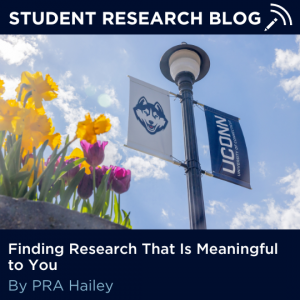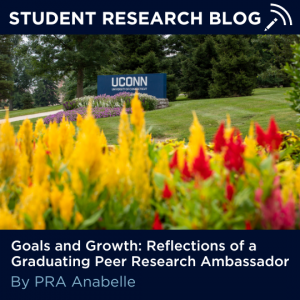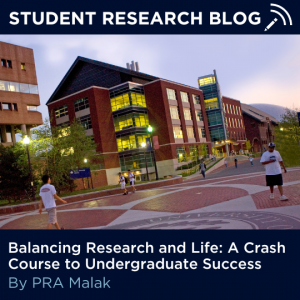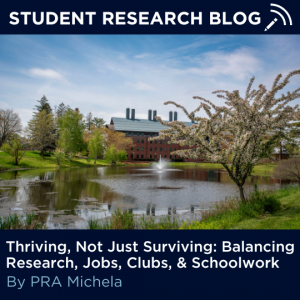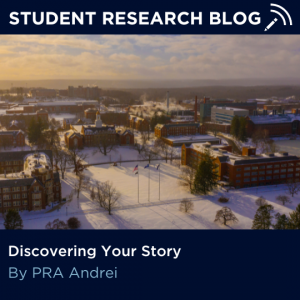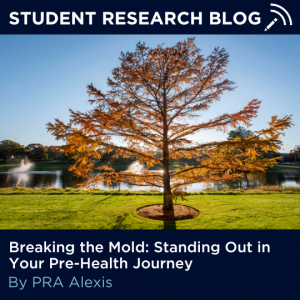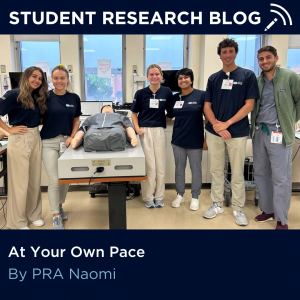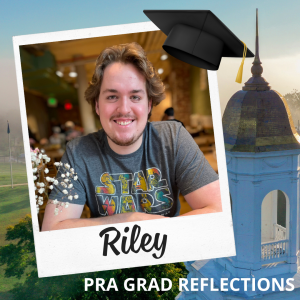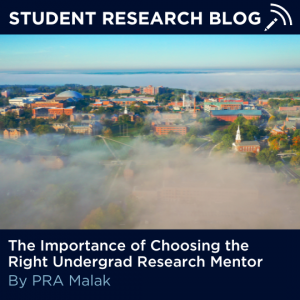By Mariam Vargas, Peer Research Ambassador
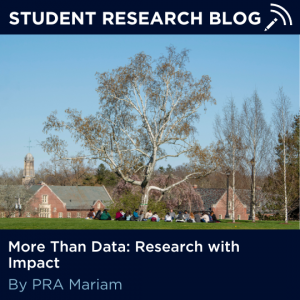 When I first got involved in research, I didn’t fully understand the impact it could have beyond the classroom. I thought of research as something abstract, confined to academia. But, with many different experiences over the past few years my perspective has changed, and my impact has widened.
When I first got involved in research, I didn’t fully understand the impact it could have beyond the classroom. I thought of research as something abstract, confined to academia. But, with many different experiences over the past few years my perspective has changed, and my impact has widened.
Through my work as a research assistant, I’ve contributed to projects that aim to influence policy, advance human rights and prevent violence before it happens. Each of these experiences has taught me that research can do more than describe the world, it can improve it.
One of the most impactful projects I’ve worked on is the CIRIGHTS Human Rights Data Project, where I helped assess how well countries comply with their international human rights obligations, focusing on judicially sanctioned torture. Through that experience I learned that data doesn’t just sit in a spreadsheet, it’s used by NGOs, scholars and policymakers to expose violations and push for accountability. By identifying where states are falling short, our work helps support the fight for justice but also accountability through sanctions, less aid and more.
I also worked on a project examining maternal organizations in Latin America, groups formed by mothers in response to state violence. These women, many of whom lost children to forced disappearances or political repression, turned their pain into advocacy. Studying their resilience and organizing strategies deepened my understanding of grassroots justice, reminded me that research can also preserve memory and amplify the voices of those most affected by injustice.
Most recently, I joined a research project in partnership with the Department of Homeland Security through a professor in the Department of Political Science, coding qualitative and quantitative data on rebel group recruitment patterns. The goal? To better understand the factors that drive people to join violent movements and to inform more effective, ethical counterterrorism strategies. Knowing that my research could contribute to policies aimed at preventing conflict and saving lives gave the work a new weight.
Research has the power to inform decision-makers, strengthen democratic institutions, and protect human rights. It can be a bridge between communities and policymakers, data and dignity, theory and practice.
For anyone unsure of whether research matters outside the university walls: it does. Whether it’s used to track violations, uplift marginalized voices, or guide national security strategies, research is one of the most important tools we have for making sense of, and making change in, our world.
Mariam is a senior double majoring in Political Science and IMJR: International Relations and minoring in Human Rights. Click here to learn more about Mariam.
